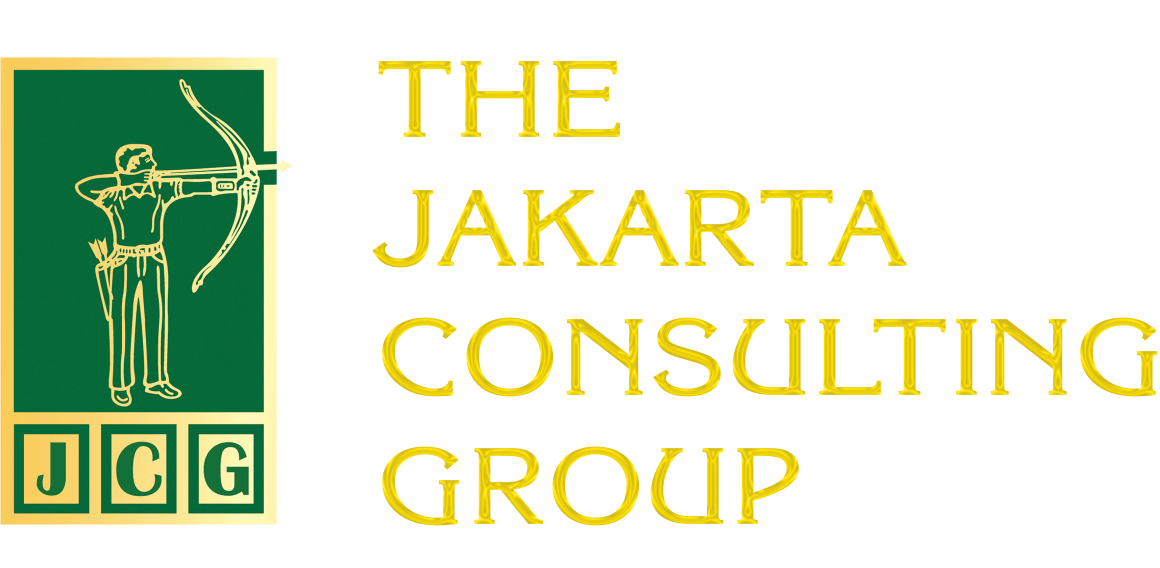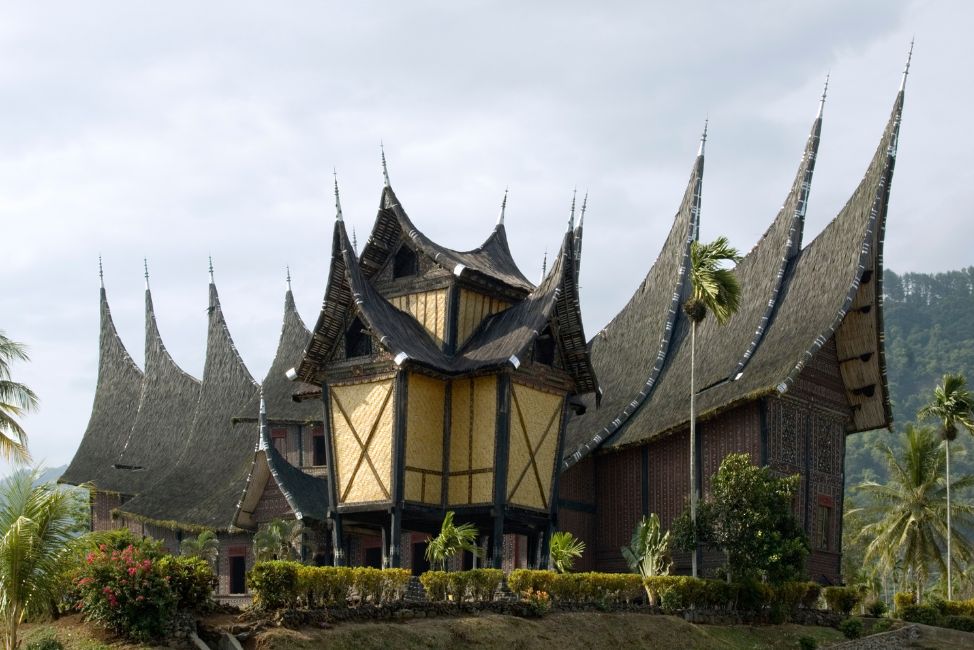The Minangkabau tribe has distinctive customs and culture. This includes in terms of leadership. The Minangkabau tribe’s leadership system is rooted in Islamic philosophy, customs, and teachings. This system can be an inspiration for leaders everywhere.
The people of the Minangkabau tribe played an important role in the struggle for independence of the Republic of Indonesia. Who doubts the abilities and contributions of Mohammad Hatta, Haji Agus Salim, Mohammad Yamin, Hamka, and Mohammad Natsir?
When Indonesia gained independence in 1945, not many people had received an education. There were still few who had the professional expertise and technical ability to manage the country. Most of these experts and educated people came from Minangkabau. In addition, the Minangkabau people are also known for their trading skills.
Leadership Values in the Minangkabau Tribe
Here are the leadership values of the Minangkabau community that we can learn from:
1. Wisdom
Wisdom is one of the main values in the leadership of the Minangkabau tribe. The decisions made must be fair and appropriate. Don’t just consider one point of view, consider various points of view. The most important thing is the welfare of stakeholders and the environment. Don’t let one decision benefit one party, but make the other party suffer. This is reflected in the Minangkabau proverb “Alam takambang jadi guru” (Nature develops into a teacher), which emphasizes the importance of learning from nature and the environment.
2. Being a good listener

Good leaders are also good listeners. They are also good at reflecting. Every incident or situation becomes a lesson. In modern times, this kind of characteristic is very relevant. The rapid development of the times demands that everyone learn continuously.
3. Democratic
The Minangkabau tribe is known for its democratic character. This is also reflected in the tribe’s leadership system, which upholds deliberation and consensus. Various parties will be involved in the discussion. Those involved include ninik mamak (customary leaders), alim ulama, and community representatives.
With deliberation and consensus involving various parties, the resulting decisions do not only benefit a handful of people (even if they cannot satisfy all parties). In essence, common needs take precedence over individual needs.
The principle of deliberation and consensus is very suitable for the modern era. It is no longer the era of a leader who thinks he knows everything. Discussion, deliberation, and consensus cultivated within the company will create a pleasant work environment. People will feel valued.
There is a Minangkabau proverb that states that what is worshiped is in fact justice and truth, not the king himself. This is also reflected in another expression: “Kamanakan barajo ka mamak, mamak barajo ka panghulu panghulu barajo ka nan bana, nan bana badiri sandirinya.” It is clear that the king in Minangkabau was essentially not a person but nan bana or truth. The end of all that is true is none other than the one who has the absolute truth that stands on its own, namely Allah.
4. Upholding integrity
The Minangkabau community highly upholds integrity. Integrity is a quality, trait, or condition that shows complete unity so that it has the potential and ability to exude authority. Integrity is also often identified with honesty. Not only that, but leaders must also set an example for their followers or employees. In the end, it is integrity that makes an organization last and be able to weather various storms of crisis.
Minangkabau Servant Leadership

Nowadays, many people talk about servant leadership. In fact, this concept has long been practiced by the Minangkabau tribe. A leader must serve the people they lead so that they prosper. This is reflected in the role of the ninik mamak, who are not only traditional leaders, but also protectors and guardians of community harmony.
Minangkabau culture is known for its matrilineal system, where descent is traced through female relatives. It is clear that women play an important role in Minangkabau culture. So, there is gender balance in decision making. This shows that women can also be reliable leaders, just like men.
For the Minangkabau people, education and knowledge are highly valued. It is not surprising that in order to gain knowledge, the Minangkabau people are willing to migrate, both to other regions in Indonesia and abroad. They are hungry for knowledge. Leaders who never stop learning and encourage their employees to always gain knowledge will be better prepared to face various challenges and problems.
Minangkabau philosophy
In fact, there is another Minangkabau philosophy that can serve as a universal guide to leadership. Here are a few of them. For example, Pai tampek batanyo, pulang tampek ba barito (go to ask questions, come home with news). This means that the leader acts as an advisor on all issues faced by followers or employees. Furthermore, there is Tatungkuik samo makan tanah, tatilantang samo minum Ambun (lays on your stomach and eats dirt, lies on your back and drinks dew). The meaning is more or less to bear together all the risks of a joint effort.
There is also the proverb didahulukan salangkah, ditinggikan sarantiang (one step ahead, elevated by two steps). The meaning is that the distance between the leader and the led should not be too far. Also, there should be no dividing wall between the leader and the led. All rules must be obeyed. All problems should be resolved, nothing should be left hanging.
#Leadership #Minangkabau #Wisdom #Consensus #Integrity #Servant Leadership #Matrilineal”
Related Posts:
Buzzword Leader vs. Truly Engaged Leadership
Trend #KaburAjaDulu (Just Run Away First) Employees Looking for Opportunities Abroad
Success Story of Local Entrepreneurs: Naikilah Perusahaan Minang Survives the Changes
Post-Truth and Echo Chamber in Leadership Decisions
Green Flag vs Red Flag Leader: Are you the Leader Your Team is Looking For?











